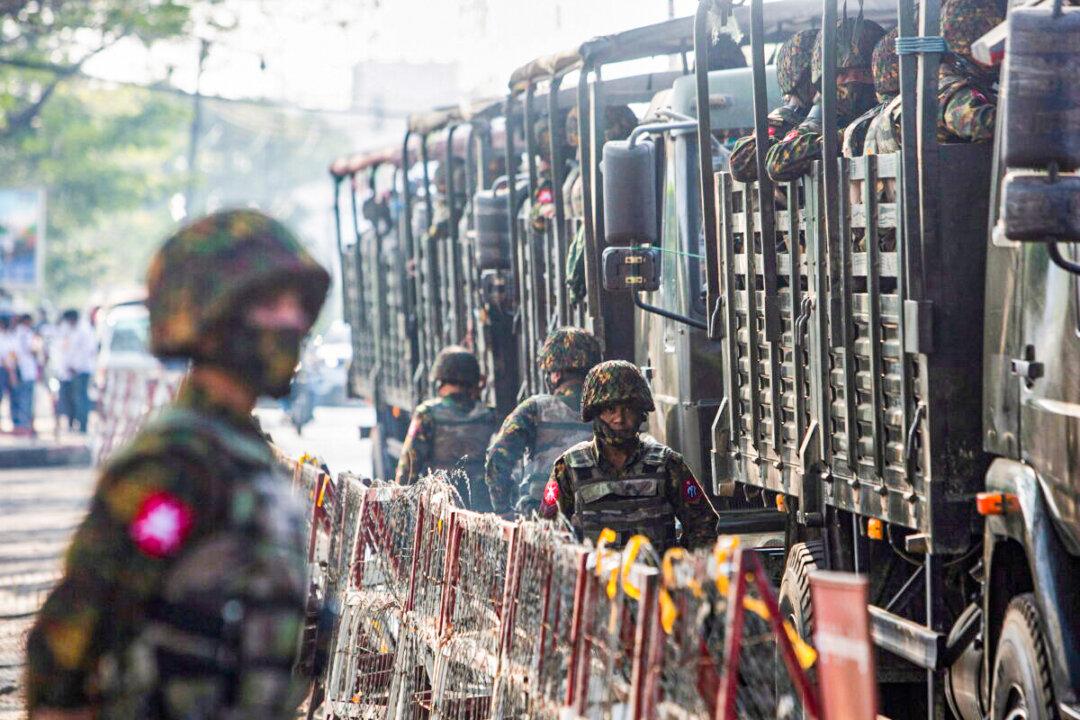The United States on Oct. 31 imposed sanctions on Burma’s most lucrative state-owned enterprise, the Myanma Oil and Gas Enterprise (MOGE), in a bid to stifle funding for the military junta’s arms supply.
The sanctions, which will take effect on Dec. 15, prohibit Americans from “providing, exporting, or reexporting, directly or indirectly, financial services” to MOGE, the Treasury Department said in a statement.





